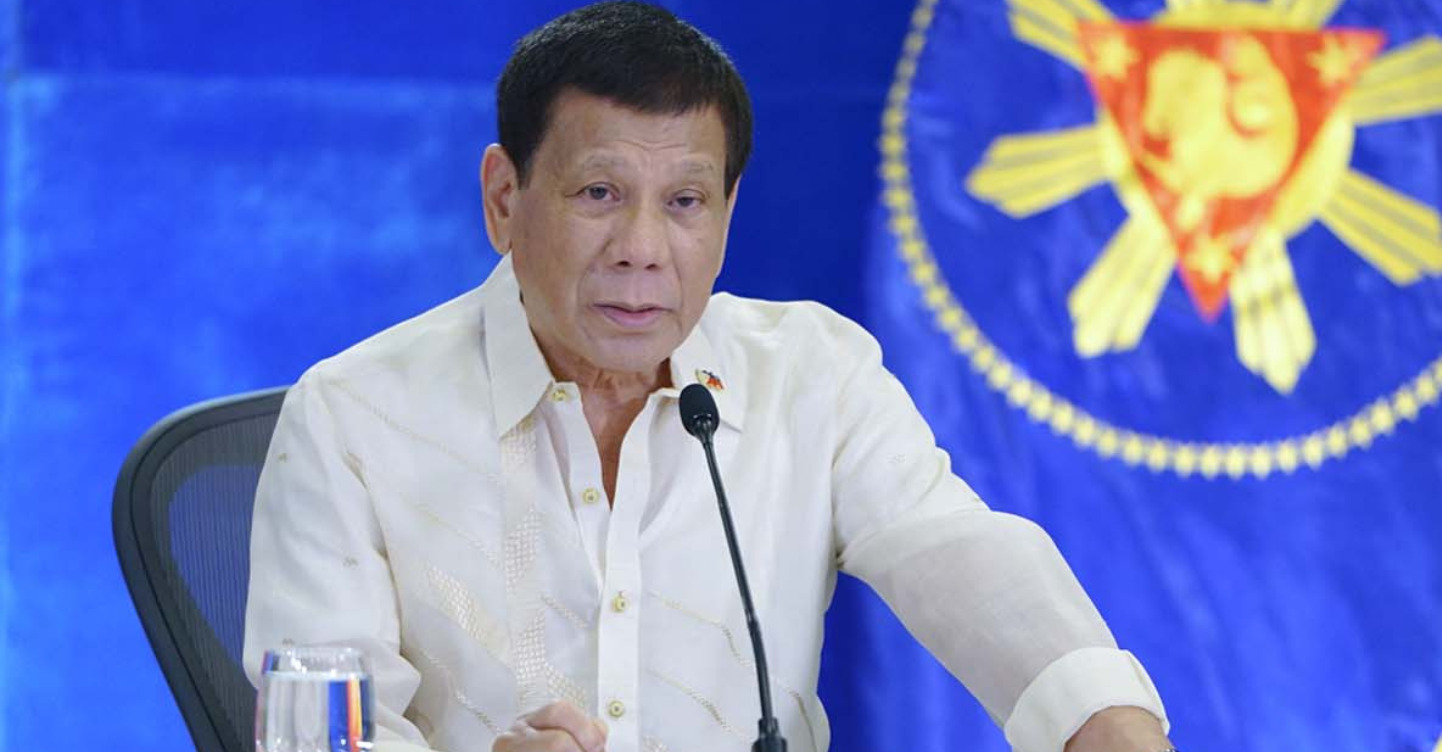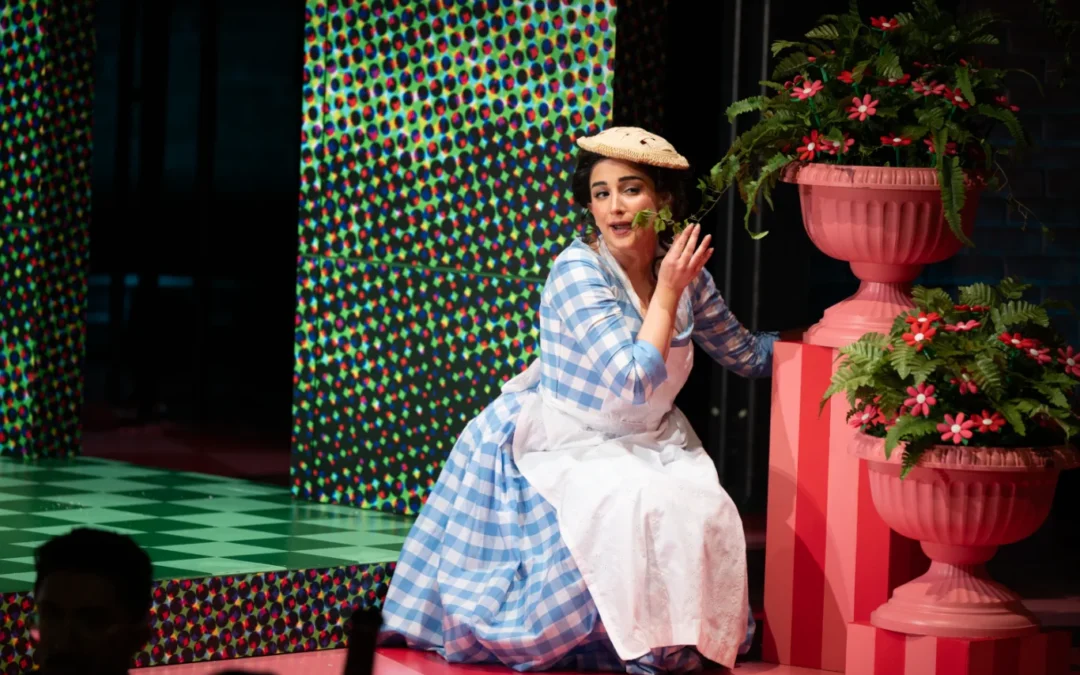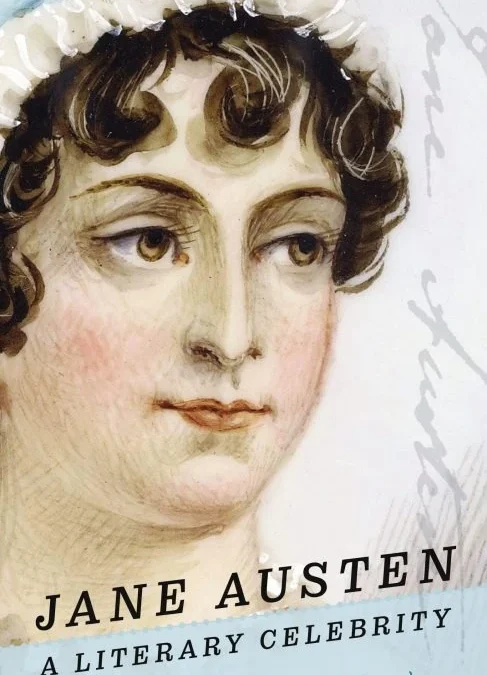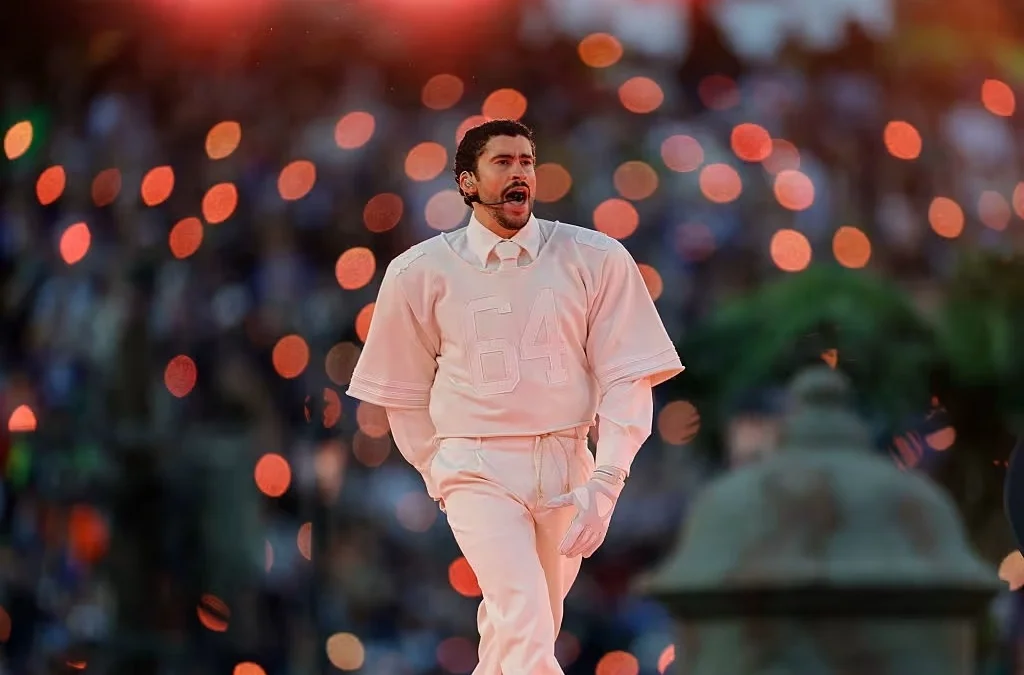By Jim Gomez
MANILA, Philippines – In a historic turn of events, former Philippine President Rodrigo Duterte was arrested on March 11, 2025, upon his arrival at Ninoy Aquino International Airport in Manila. The arrest was carried out based on a warrant issued by the International Criminal Court (ICC), which accuses Duterte of crimes against humanity related to his controversial anti-drug campaign. The arrest marks a significant moment in international justice and could have far-reaching consequences for the country’s political landscape.
Duterte’s War on Drugs: A Controversial Legacy
Duterte, who served as the 16th president of the Philippines from 2016 to 2022, built his administration around a hardline approach to crime, particularly the eradication of illegal drugs. His anti-drug campaign was widely criticized for its alleged endorsement of extrajudicial killings and human rights abuses.
Official government data estimates that between 6,200 and 8,700 people were killed during police operations under Duterte’s orders. However, human rights groups, including Amnesty International and Human Rights Watch, claim the actual death toll could be as high as 30,000, with many victims being innocent bystanders, minors, and low-level drug offenders.
Critics argue that Duterte emboldened law enforcement agencies to operate with near-total impunity, creating a culture of violence that resulted in thousands of deaths without due process. His administration, however, defended the campaign, stating that it was necessary to restore law and order in the country.
The ICC Investigation and Arrest Warrant
The International Criminal Court (ICC) began investigating Duterte’s drug war as early as 2018, following multiple reports of state-sanctioned violence and human rights abuses. The investigation examined alleged crimes not only during his presidency but also during his tenure as mayor of Davao City (1988-1998, 2001-2010, 2013-2016), where he was accused of leading death squads targeting suspected criminals.
In response to the ICC’s scrutiny, Duterte withdrew the Philippines from the Rome Statute in 2019, attempting to evade the court’s jurisdiction. However, the ICC ruled that it retained jurisdiction over crimes committed before the withdrawal, ensuring Duterte remained subject to legal action.
On March 7, 2025, the ICC issued an arrest warrant against Duterte, citing crimes against humanity, including murder, torture, and other inhumane acts. The court justified its decision by emphasizing that the large-scale and systematic nature of Duterte’s policies necessitated his direct accountability before the ICC. The warrant further expressed concerns that Duterte would evade justice if not taken into custody.
Duterte’s Arrest: A Moment of Reckoning
Duterte was apprehended at Ninoy Aquino International Airport (NAIA) upon returning from Hong Kong, where he had attended a political event. Authorities executed the arrest without incident, immediately taking the former president into custody.
Reports indicate that heightened security measures had been put in place at key locations, including Davao City’s Francisco Bangoy International Airport, Duterte’s hometown stronghold. While authorities initially denied any imminent arrest, the ICC’s warrant had sparked widespread speculation about possible government action.
Political and Public Reactions
The arrest has ignited strong reactions from both domestic and international audiences. Human rights organizations and the families of the victims of the drug war welcomed the arrest, viewing it as a significant step toward accountability.
Amnesty International called it a “historic moment for justice” and urged the ICC to swiftly proceed with legal action against Duterte.
The Commission on Human Rights (CHR) of the Philippines commended the government’s cooperation, stating that the arrest represents a turning point in addressing state-sponsored violence.
However, Duterte’s supporters have strongly condemned the arrest, calling it politically motivated. The former president remains a polarizing figure, with a loyal base that sees him as a fearless crime-fighter who made the country safer.
Sara Duterte, his daughter and current Vice President, denounced the arrest as a “direct attack on our nation’s sovereignty.”
Protests erupted in Davao City and Manila, with Duterte’s loyalists demanding his immediate release and accusing the Marcos administration of betrayal.
The administration of President Ferdinand Marcos Jr., however, signaled willingness to cooperate with the ICC, marking a shift in the country’s approach to international human rights obligations. Government officials stated that they will respect the legal process while ensuring Duterte receives due process.
Legal Battle and Possible Outcomes
Legal experts anticipate a complex legal battle ahead, with Duterte’s legal team expected to challenge the ICC’s jurisdiction over the case. Possible arguments may include:
- Questioning the validity of the ICC’s authority over a country that withdrew from the Rome Statute.
- Claiming Duterte’s policies were in line with national security efforts rather than crimes against humanity.
- Seeking political asylum or intervention from allied nations to avoid extradition to The Hague.
The timeline for Duterte’s potential transfer to The Hague, where ICC trials are conducted, remains uncertain. The case could take years to resolve, depending on legal challenges, diplomatic negotiations, and the Philippine government’s cooperation.
Historical and Global Impact
Duterte’s arrest marks a rare instance of a former head of state being detained on charges of crimes against humanity. This sets a precedent for international justice, reinforcing the notion that no leader is above the law.
His case joins the ranks of other former leaders held accountable by international courts, including:
- Slobodan Milošević (Serbia)
- Omar al-Bashir (Sudan)
- Charles Taylor (Liberia)
The outcome of Duterte’s trial could influence future ICC investigations, particularly in cases of state-sponsored violence and human rights violations.
Divided Public Sentiment
The Philippine public remains deeply divided over Duterte’s arrest. While victims’ families see it as justice long overdue, many citizens still credit Duterte for reducing crime and drug-related violence.
The coming weeks are expected to bring:
- Widespread protests by both Duterte supporters and human rights activists.
- Increased political tensions between the Marcos administration and Duterte’s allies.
- Potential diplomatic interventions from Duterte-friendly nations, including China and Russia.
International Reactions
The global community has largely supported the arrest, with many ICC-member states backing the legal process.
- The European Union (EU) emphasized that the move affirms the rule of law and accountability.
- The United States, which has had a complex relationship with Duterte, stated that it supports the ICC’s investigation but will not intervene.
- China and Russia, known for backing Duterte’s administration, have criticized the ICC’s actions, calling them Western interference.
Conclusion: A Defining Moment in Philippine History
The arrest of Rodrigo Duterte represents a pivotal moment in the pursuit of justice for the thousands who perished in the Philippines’ war on drugs. As legal proceedings unfold, the case will test the strength of international judicial mechanisms and the Philippines’ commitment to human rights.
With the eyes of the world watching, Duterte’s fate will not only shape his legacy but also set a precedent for holding political leaders accountable for state-sponsored violence. Whether seen as justice or persecution, this moment will leave a lasting impact on the nation’s history and global standing.





